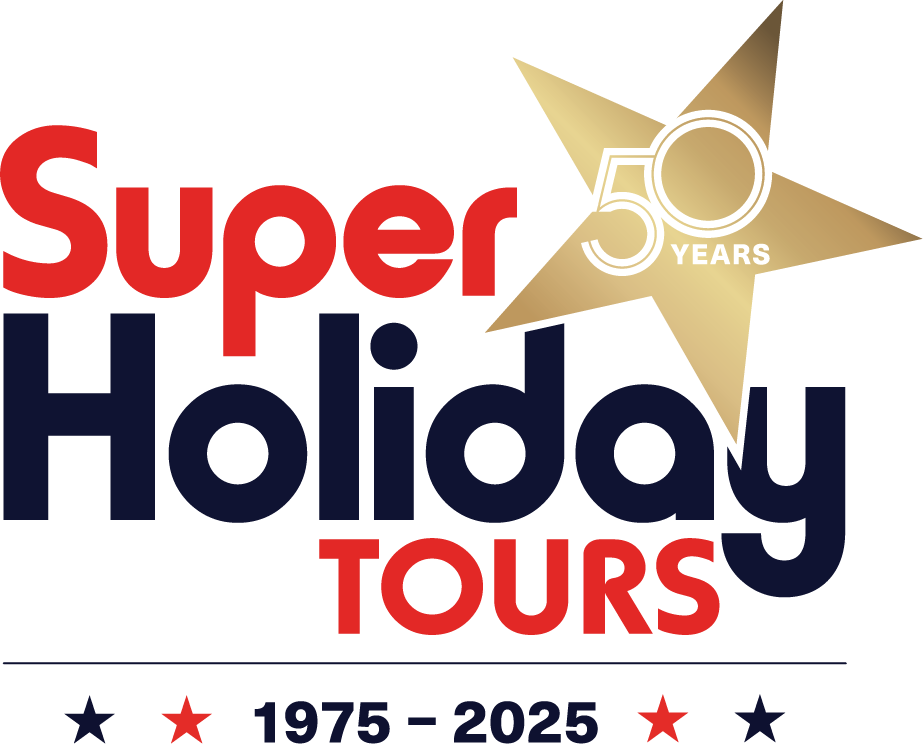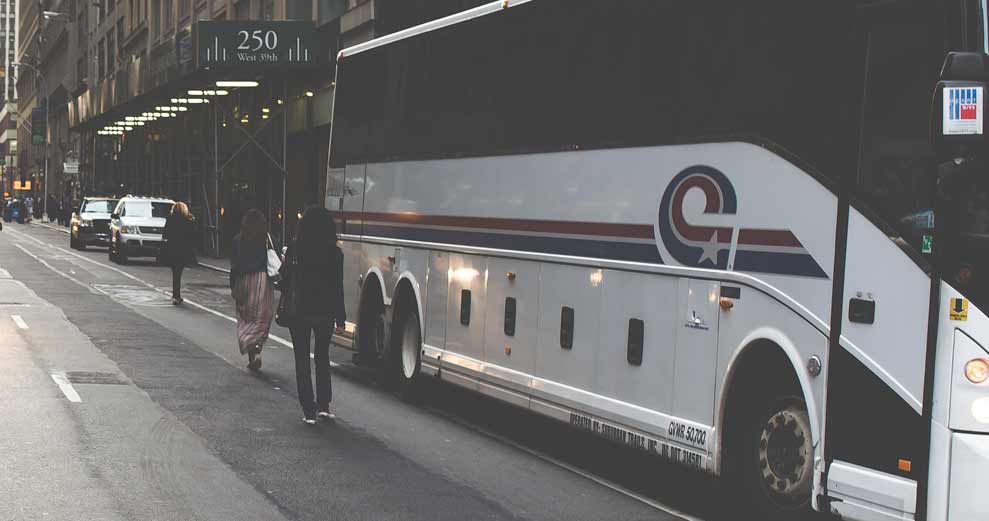Motorcoach travel is the most popular and cost-effective way for students to travel, yet not all motorcoach companies are created equal. Whether you’re working with a tour operator or planning a trip on your own, choosing a safe motorcoach company should be a top priority.
“When you seek out a motorcoach operator, you need to be very candid and upfront and ask specific questions,” said Michael J. Bowers, safety consultant, Center for Student Travel Safety.
In the Teach & Travel edWebinar “Traveling by Motorcoach: A Teacher’s Checklist for Hiring a Safe Motorcoach Company,” Bowers provides these tips for helping you choose a safe motorcoach company:
1. Learn how to find a safe motorcoach operator.
The majority of bus operators are responsible and operate safely, but there are some that fail to meet safety requirements.
The Federal Motor Carrier Safety Administration (FMCSA) was established within the Department of Transportation to prevent commercial motor vehicle-related fatalities and injuries. As an enforcement agency, it collects and shares data on passenger carriers to help you make an informed motorcoach decision. You can find information on motorcoach companies on the FMCSA website. Just ask the motorcoach company for the DOT number.
The FMCSA issues three types of safety ratings: Satisfactory, Conditional, Unsatisfactory.
2. Understand driver rules.
Ever wonder why motorcoaches can’t travel through the night? In part, it’s due to motorcoach driver rules. Under FMCSA regulations, drivers are limited to the number of consecutive hours they can spend on the road:
– A driver may drive up to 10 hours, after eight consecutive hours off duty.
– A motorcoach driver may not drive after having been on duty for 15 hours.
– A motorcoach driver may not drive after 60 hours on duty over seven days or after 70 hours on duty over eight days.
Driver hours must now also be tracked using electronic logging devices (ELDs), to help eliminate drowsiness that can lead to crashes.
3. Ask for proof of insurance.
Motorcoach companies should have proof of a valid, current insurance certificate that provides a minimum of U.S. $5 million in liability insurance coverage.
4. Ask for safety information.
Ask the motorcoach company to share its safety materials with you, including the standard pre-trip briefing.
5. Ask what GPS is used.
Are motorcoach drivers using the GPS on their cellphones or other mobile devices? Most companies have advanced onboard systems.
6. Work with the motorcoach company to develop a great trip.
Motorcoach companies and drivers are the experts. They typically understand how long it takes to get from point A to point B, accounting for any possible delays.
7. Manage the students on the bus.
The driver has his or her own responsibilities. Set expectations for student behavior while on the road and get your chaperones to help enforce the rules.
8. Use seatbelts.
All new motorcoaches must be equipped by manufacturers with three-point lap-shoulder belts. Insist on students using their seatbelts and set a good example by using yours, too.
9. Keep the group on time.
Delays can change your trip. Make sure people gather on time when meeting up again.
10. Consider using a SYTA tour operator who can help with all these details.
Motorcoach travel is a safe mode of transportation. Expert tour operators can help find a safe motorcoach company.
Courtesy of SYTA. To watch “Traveling by Motorcoach: A Teacher’s Checklist for Hiring a Safe Motorcoach Company” in its entirety, click here.

